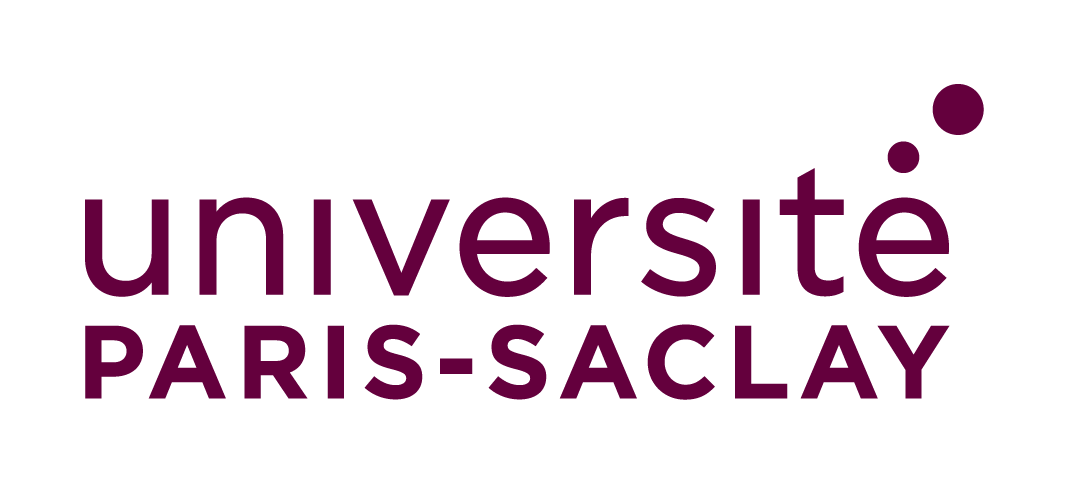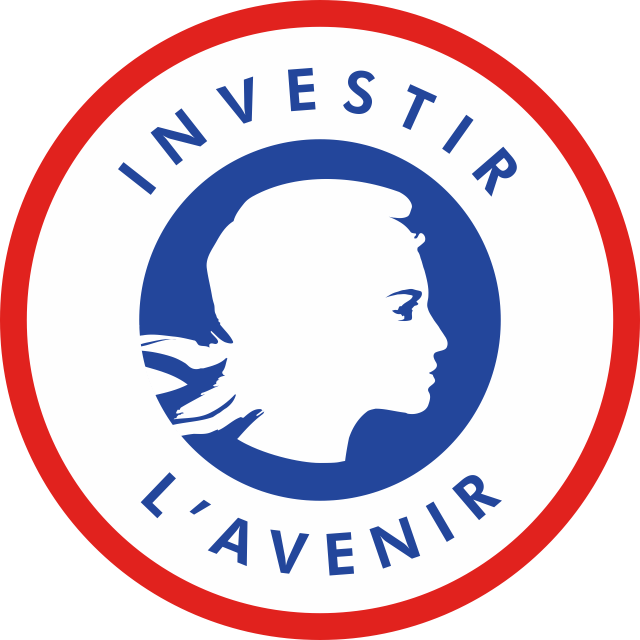Our research
The approach of CLand is to combine models with observations, for a large range of models going from theory and conceptual models, data-driven models including machine learning, complex process-oriented numerical land surface models and socio-economic land use models used for future projections. Mostly large scale emergent processes and interactions are addressed in CLand, anchored on the analysis of long time series, meta-analysis of field experiments and agricultural data, and regional to global socio-economic data such as trade and production statistics. A special cross-cutting focus of the three Research Challenges is the exploration of alternative pathways for climate mitigation and adaptation for low warming targets in the context of the Paris Agreement on Climate Change. The study of the impact of shocks and extreme events on a cascade of processes affecting land management and societies.
The CLand research program is organized around 3 complementary projects called Research Challenges :

Challenge 1 - Land-based mitigation and nature-based solutions
This challenge is performing new research to reduce uncertainties on land-based mitigation options, such as enhancing carbon sequestration in biomass and in soils, and reducing CH4 and N2O emissions from the agricultural sector. 4 PhD and 3 postdoctoral projects investigate various contributions and interactions between technology-driven and ‘nature-based’ solutions through which land use and land management can mitigate climate change over different time horizons, their economic feasibility, and indirect environmental consequences
Challenge 2 - Adaptation of agricultural and forestry production in the face of climate change
This challenge has launched diverse research activities around an improved understanding of the cause-effect chain between climate change and food and wood production, and optiions to forecast and reduce the risk of climate change. Selected practical solutions to reduce the risk of the loss of agricultural and forest production from climate change are studied by 6 PhD and 2 post-doctoral projects, accounting not only for climate impacts but also for other environmental externalities, such as decrease in soil fertility, use of water resources for irrigation or changes of greenhouse gas emissions. This work, based on models calibrated with observations for different land use and land management practices, has a special focus on France, Europe, China and sub-Saharan African countries.
Challenge 3 - Understanding and managing the transition towards an integrated land management
This challenge mobilises different research teams to analyse policy options for managing the transition towards new land use systems that articulate climate change adaptation and mitigation while maintaining ecosystem biodiversity. The main tools here are socio-economic land use models that can be coupled with models cutivated ecosystems for production of food and fibers and run for future scenarios. This work builds upon the first two challenges to explore concrete solutions based on the analysis of data on the ground as well as model simulations, with particular attention paid to the transition in the next decades and future scenarios related to low warming targets. This challenge currently gathers 4 PhD projects and 2 post-doctoral projects.
CLand Convergence Institute: Climate change and land-use management systems



